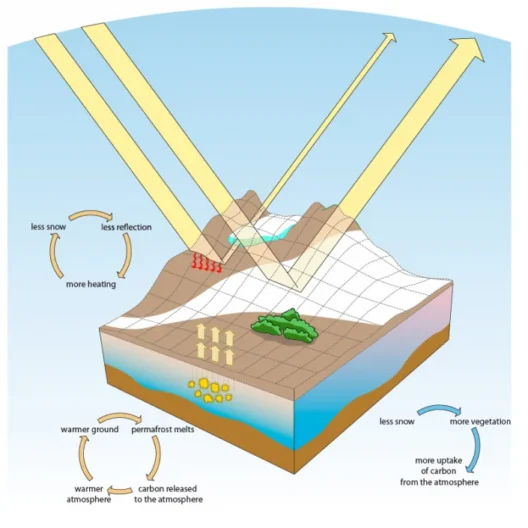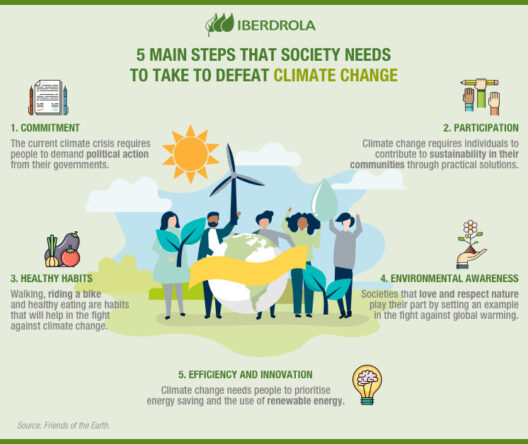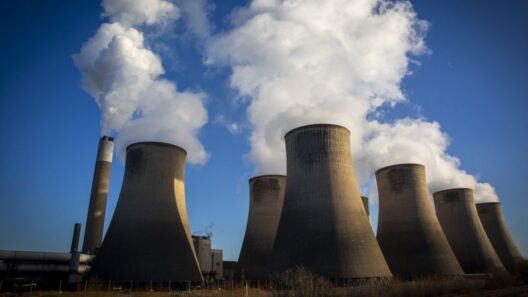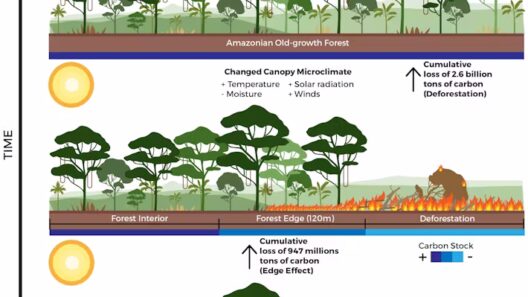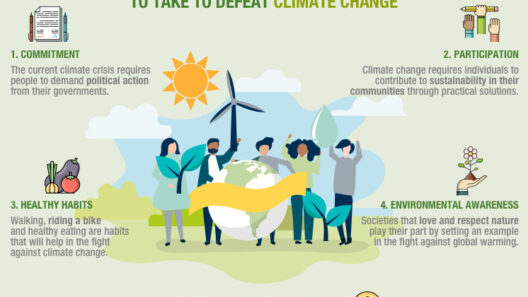As hurricane season approaches, one may ponder: Is Florida’s Governor Ron DeSantis wading into the murky waters of climate change denial, or is he embarking on a radical reformation of environmental policy? The intricacies of DeSantis’s approach to climate change reveal a juxtaposition of denial and potential reform; therefore, it’s imperative to critically examine the implications of his policies on both the ecosystem and bolstering Floridians’ resilience against the increasingly severe impacts of climate change.
Governor DeSantis has made headlines for his controversial legislation that eliminates references to climate change within the state’s educational and policy frameworks. This initiative raises an eyebrow—what drives the decision to strip climate change from official conversations in a state that is perilously vulnerable to rising sea levels, destructive storms, and other environmental catastrophes? Proponents of the legislation argue that it allows for a focus on immediate economic growth and energy independence, without the constraints that environmental regulations might impose. However, this trend could also be interpreted as an alarming signal of denial regarding the scientific consensus that climate change is an existential threat requiring urgent attention.
Delving into the ramifications of such a stance reveals a disheartening narrative for environmental advocates. The decision to exorcise climate change from state policy may not only jeopardize Florida’s coastal ecosystems but also endanger residential areas that are susceptible to flooding, erosion, and hurricanes. As climate change accelerates, these challenges are exacerbated, and denialism could become a double-edged sword, leading to dire sociopolitical consequences while simultaneously disregarding the pragmatic necessity for sustainable strategies in Florida.
In contrast to outright denial, some might argue that DeSantis’s policies could be construed as an opportunity to invigorate climate resilience via alternative methodologies. His recent unveiling of an energy agenda, albeit downplayed in relation to the threats posed by climate change, suggests a movement towards diversification of energy sources. By promoting an energy policy that prioritizes natural gas and nuclear power, DeSantis could potentially mitigate dependence on traditional fossil fuels. Therein lies a paradox: does a pivot to a more varied energy source offer a semblance of environmental reform, or does it merely mask deeper issues of denial and complicity in perpetuating ecological harm?
Moreover, the philosophical foundation of state-level environmental policies warrants scrutiny. At a time when the global community stresses collective efforts toward climate mitigation, Florida’s legislative maneuvers stand in stark contrast to the collaborative spirit necessary for effective reform. The state, often identified as an epicenter for climate-related challenges, could benefit immensely from innovative approaches that incorporate public health perspectives, economic viability, and environmental justice—all of which are ignored when climate change is entirely omitted from the discourse.
In light of these considerations, it poses a challenging inquiry: Can DeSantis’s administration pivot toward actual reform while firmly entrenching itself in a framework that frequently dismisses climate science? Historical evidence indicates that transformative change often arises from pressure both inside and outside the political apparatus. Activism, public outcry, and lobbying from environmentalists can provide the impetus needed for reevaluating policy orientations. Will Florida’s citizens demand a deeper commitment from their leaders, thus enabling a collaborative framework that integrates environmental realities into the broader socio-economic dialogue? Or will the political climate continue to sway under the banner of selective denialism?
Furthermore, there is the crucial aspect of educational policies that should not be overlooked. By abolishing mentions of climate change from the state curriculum, DeSantis’s administration is steering future generations away from understanding one of the most pressing issues of their times. The prevalence of misinformation and the suppressing of factual discourse run counter to the educational pillars that uphold democracy, critical thinking, and ethical responsibility. Arming young Floridians with an understanding of climate science may well be the most potent defense against the looming threat of climate change—one that might counterbalance the efforts made to silence this critical dialogue.
Effective environmental policy, particularly in a state subjected to acute climate-related risks, necessitates an acknowledgment of the present realities. Proponents of climate denial could argue that a focus on immediate economic benefits precludes engaging with the nebulous future of climate risks. Conversely, the long-term costs of inaction—manifested through natural disasters, infrastructure degradation, and public health crises—demand an astute recognition of climate issues integrated within governance constructs.
The ultimate reality rests in the hands of Floridians, who must decide whether they will rebound against the tide of climate change denialism or languish within its grasp. The journey toward reform requires an engaged citizenry, willing to challenge self-serving narratives and advocate for policies that embrace scientific evidence over political expediency. As discussions surrounding climate change continue to shape the socio-political landscape, it may soon be revealed whether Governor DeSantis will pivot toward an acknowledgment of climate realities or remain ensnared within a paradigm that seeks to erase them from public consciousness.



